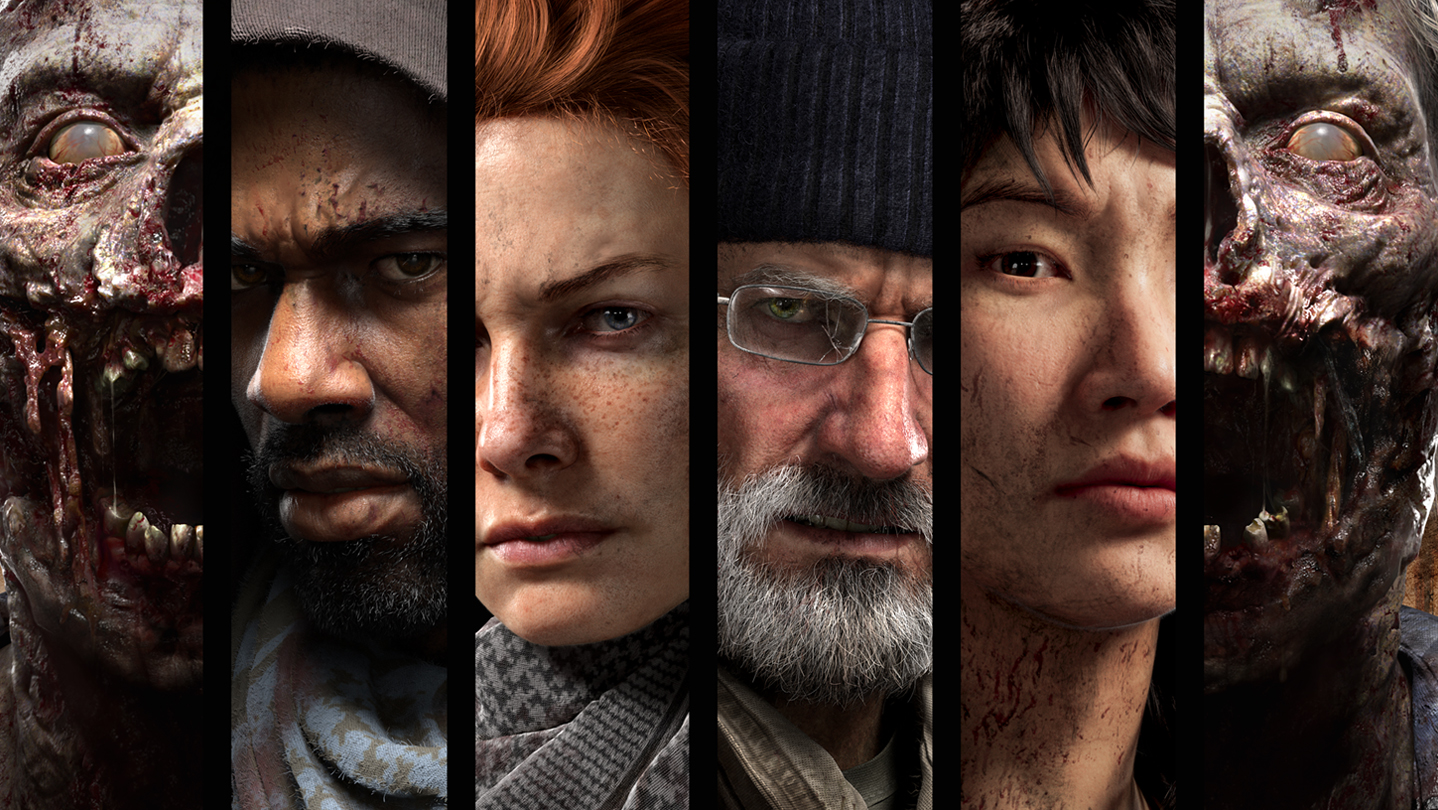
Overkill’s The Walking Dead was one of 2018’s flops, selling just a few hundred thousand copies when it was expected to sell millions, a failure that forced its publisher Starbreeze into effective administration. Now, Eurogamer has published an in-depth feature that says some designers on the project were fully aware of the game’s problems well before release, but were not given appropriate time to fix them.
"Everyone knew it was going to tank," said one developer (all of Eurogamer’s sources wished to remain anonymous). "No matter how much you polish a turd, it's still a turd. It was never going to get any better than where it was. It was always hacked."
Originally scheduled for a 2016 release, Overkill’s The Walking Dead was initially designed using a new in-house engine called Valhalla. But, as Eurogamer report, the engine was "near unusable", little more than a graphics renderer. This massively slowed down the game’s production, until eventually Overkill and Starbreeze moved the project onto Unreal Engine 4.
By this point, however, the game was already several years into development. With Starbreeze reluctant to push the release beyond 2018, Overkill's designers were essentially forced to turn the game around from scratch in eighteen months, using an engine that only "10%" of the design team had any familiarity with. "It's a beta game because we made it in a year-and-a-half," one source explains.
While The Walking Dead was key to Starbreeze's recent troubles, it wasn't alone. Eurogamer reports that while officially Overkill was acquired by Starbreeze in 2013, the reality was that, after the flop of 2012's Syndicate reboot, the struggling Starbreeze was effectively taken over by the more solvent Overkill’s core staff, most notably its founders Bo and Ulf Andersson. After the massive success of Payday 2, Ulf departed the company. Bo, meanwhile, as CEO, embarked upon a massive company expansion, investing in games like Dead by Daylight and, bizarrely Raid: World War 2, which was such a similar game to Payday that it meant Starbreeze was essentially “competing with ourselves”.
In addition, Starbreeze put a huge stake in VR, such as investing in the now-defunct Imax VR, while also purchasing Valhalla for Overkill. All of this put enormous pressure on The Walking Dead to succeed, and when it didn’t Starbreeze’s house of cards came tumbling down.
The full article is a fascinating read, and well worth diving into. Despite all this, Starbreeze is still just about struggling along, with a new CEO (Andersson has left the company) whose goals are “to improve as we move forward” and “provide a clearer framework for everyone to work within." Chances are that even if Starbreeze does recover, the emerging company will be very different to what it once was.
The biggest gaming news, reviews and hardware deals
Keep up to date with the most important stories and the best deals, as picked by the PC Gamer team.
Rick has been fascinated by PC gaming since he was seven years old, when he used to sneak into his dad's home office for covert sessions of Doom. He grew up on a diet of similarly unsuitable games, with favourites including Quake, Thief, Half-Life and Deus Ex. Between 2013 and 2022, Rick was games editor of Custom PC magazine and associated website bit-tech.net. But he's always kept one foot in freelance games journalism, writing for publications like Edge, Eurogamer, the Guardian and, naturally, PC Gamer. While he'll play anything that can be controlled with a keyboard and mouse, he has a particular passion for first-person shooters and immersive sims.

